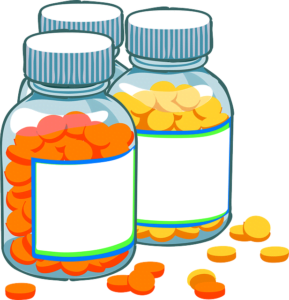Sinus infection symptoms are bothersome and irritable. Looking for a treatment? Book an appointment now!

Sinusitis occurs when fluid accumulates in the sinuses, causing swelling and germ growth. Sinus infections are most commonly caused by viral infections, although bacteria can sometimes cause them.
It’s pretty frequent and usually resolves itself within 2 to 3 weeks. However, if it is taking a long time to go, medicines can help.
Sinusitis is categorized into several types, including:
Acute sinusitis often starts with a cold and develops to a bacterial infection. Allergies and nasal difficulties can also cause acute and chronic sinusitis.
Usually, following a cold or flu, you will get a sinus infection and suffer from:
Sinus headaches can cause the following:

Yes, following the below tips can help you relieve sinus pain and pressure:
Over-the-counter medications can help alleviate your symptoms. Also, your doctor will likely prescribe corticosteroids and antibiotics, if you have a bacterial illness.